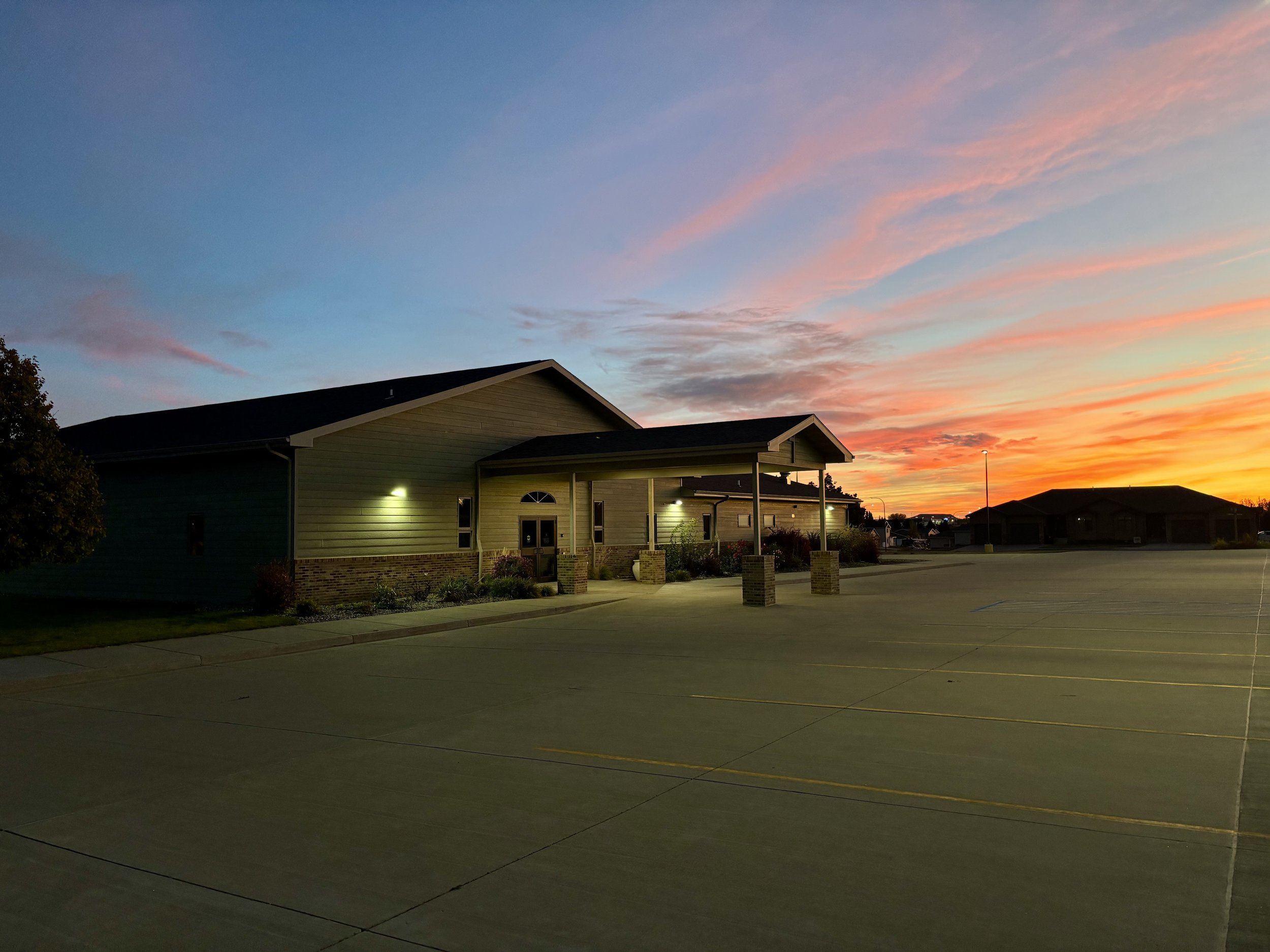
News & Notes
Ephesians: Part 6 - Dead as a Doornail
This sermon, based on Ephesians 2:1–5, highlights humanity’s natural state of spiritual death—enslaved to sin, the world, and Satan, and deserving of God’s wrath. Yet it proclaims the hope of God’s mercy and grace, who makes us alive with Christ even when we were dead in sin, calling us to repent, believe, and rejoice in the life found only in Him.

